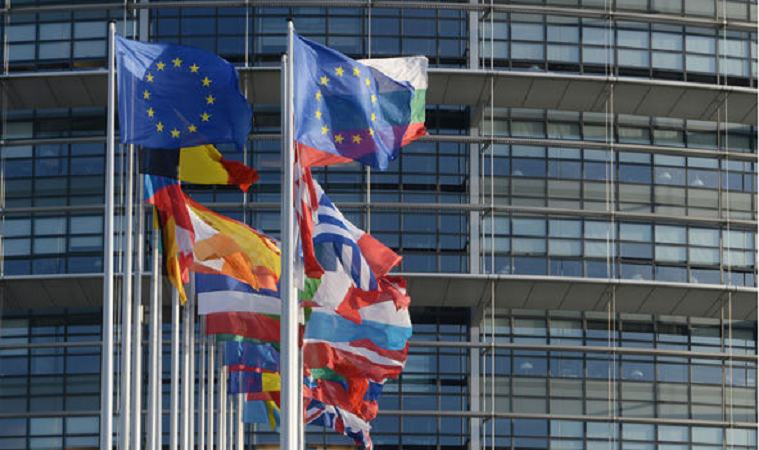
In its effort to rein in the influence of Big Tech, the European Union (EU) has introduced a series of groundbreaking regulations aimed at curbing the dominance of six major tech companies.
These regulations include granting consumers the authority to choose the applications they wish to have on their mobile phones and the ability to uninstall pre-installed software, such as Google or Apple’s map applications.
A commission official said the rules “mark a revolutionary step.” Brussels envisions these laws as a means to foster increased competition, paving the way for startups to vie with industry giants on a more equitable footing for the very first time.
Register for Tekedia Mini-MBA edition 18 (Sep 15 – Dec 6, 2025) today for early bird discounts. Do annual for access to Blucera.com.
Tekedia AI in Business Masterclass opens registrations.
Join Tekedia Capital Syndicate and co-invest in great global startups.
Register for Tekedia AI Lab: From Technical Design to Deployment.
The Guardian noted in a report that these new laws will also clear the path for heightened competition in sectors that have been traditionally tightly controlled by tech giants, such as Apple Wallet and Google Pay.
The rules, which came under the Digital Markets Act (DMA), represent the second major set of EU laws targeting tech companies within two months. They define a set of responsibilities that gatekeepers must adhere to, including refraining from engaging in anti-competitive practices.
The EU has been on a pace-setting regulatory expedition to rein in the excesses of Big Tech across the bloc. This has resulted in several changes to existing rules and new also new regulations.
The DMA comes after the implementation of the Digital Services Act, which became effective on August 25th.
The Digital Services Act is designed to combat online hate speech, child sexual abuse, and disinformation, representing the initial set of laws ever introduced to regulate online content.
The objective of the DMA is to dismantle the gatekeeper or dominant positions that large tech companies have held for the past decade. It grants the European Commission the authority to conduct market assessments and propose corrective measures should these firms deviate from the established regulations.
According to an official quoted by The Guardian, these regulations are poised to free both consumers and businesses, especially startups that have encountered technical obstacles when trying to access platforms and connect with users.
“For example, now when a consumer sees an app doesn’t do well on their phone, they think immediately it is the app that is not really good. Very often it is not because the challenger app is bad, but because the interoperability is missing because it is in the interest of the gatekeeper to make sure the experience is not the same,” the official said.
The tech giants, including Apple, Google, and Amazon, must adhere to a comprehensive set of regulations within the next six months. Failure to comply could result in fines of up to 10% of their annual turnover.
One notable change is that pre-installed apps on phones, such as weather, maps, calculator, and email apps, which have traditionally been challenging to remove, will no longer be allowed to remain unremovable.
Additionally, these major tech firms will be prohibited from monetizing user information collected from apps on a phone. This means they cannot use the data they gather from mobile applications to create highly detailed profiles of individual consumer behavior for advertising purposes.
The laws will initially apply to six companies: Alphabet, Amazon, Apple, ByteDance, Meta and Microsoft. Under the new rules, the services offered by the subsidiaries of the tech conglomerates, have also been designated for regulation. These include WhatsApp, Messenger, TikTok, Facebook, Amazon, Google, Chrome, Safari, Google Maps, Google Pay and Google Shopping.
Officials also provided examples of the regulations governing payment systems on Apple and Android phones. Although consumers have the option to use alternatives like bank cards, the existing “gatekeeping” practices may currently hinder startups from offering genuinely innovative services that could otherwise thrive. These new regulations aim to level the playing field and foster innovation in the payment sector.
The European commissioner Thierry Breton, overseeing the new digital services, described the new legislation as D-day for the large players, warning that they will now “have to play by our rules – European rules”.



